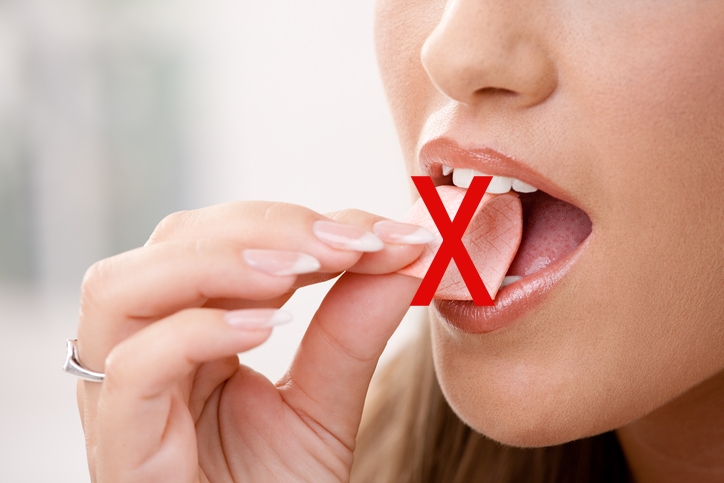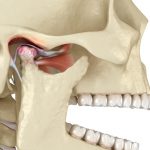Is There a Cure for TMJ Disorder? Exploring Treatments, Pain Relief, and Prevention

A lot of sufferers of TMJ disorder are asking how to cure TMJ permanently. In this post, we will address treatments for TMJ disorder, ways you can relieve the symptoms, and what you can do to prevent it.
Treatments for TMJ Disorder
Physical Therapy: Physical therapy can be an effective non-invasive treatment for TMJ disorder. Dr. Postol can teach you exercises and stretches to strengthen and relax the jaw muscles, alleviate pain, and improve joint mobility.
Dental Splints or Mouthguards: These devices can help stabilize the jaw and reduce teeth grinding or clenching, which is a common cause of TMJ disorder. Splints and mouthguards can also help improve the jaw joint’s alignment.
Medications: Over-the-counter pain relievers such as ibuprofen or acetaminophen can provide temporary relief from TMJ pain and inflammation. In some cases, muscle relaxants or low-dose tricyclic antidepressants may be prescribed by a healthcare professional.
Botox Injections: In certain situations, Botox injections can be used to relax the jaw muscles and reduce pain caused by TMJ disorder.
Invasive Procedures: In severe cases, Dr. Postol may recommend more invasive procedures like arthrocentesis, arthroscopy, or open-joint surgery when conservative treatments have been unsuccessful. However, these options are typically the last resort due to their risks and potential complications.
Pain Relief Techniques

Heat and Cold Therapy: Applying a warm compress or ice pack to the affected area can help reduce inflammation and alleviate TMJ pain. Alternating between warm and cold compresses may provide additional relief.
Soft Diet: Consuming soft foods and avoiding hard, chewy, or crunchy items can reduce stress on the jaw joint, helping to alleviate pain and discomfort. This is, of course, a temporary remedy to prevent pain as you seek treatment and more permanent solutions.
Relaxation Techniques: Stress can exacerbate TMJ disorder symptoms because many people subconsciously clench their teeth while stressed. Stress can also inhibit your body’s ability to control inflammation around the TMJ. Engaging in relaxation techniques such as deep breathing, meditation, or yoga can help reduce stress and tension in the jaw muscles.
Jaw Exercises: Gently stretching and exercising the jaw muscles can promote relaxation and alleviate pain. However, it’s important to perform these exercises correctly to avoid worsening the condition.
Prevention

Avoid Excessive Jaw Use: Avoid habits like excessive gum chewing, chewing ice, biting nails, or clenching your jaw, as they can strain the jaw muscles and worsen TMJ disorder.
Manage Stress: As mentioned above, stress can lead to jaw clenching and teeth grinding, contributing to TMJ disorder. Finding healthy ways to manage stress can help prevent or reduce symptoms.
Ergonomic Workspace: If your job involves long hours at a desk, ensure that your workspace is ergonomically set up to minimize strain on the neck, shoulders, and jaw.
Get the Help You Need
If you experience persistent TMJ disorder symptoms, consult a healthcare professional like Dr. Postol who can provide a personalized treatment plan. By taking proactive steps and seeking professional guidance, you can alleviate pain, improve jaw function, and enhance your overall quality of life despite having TMJ disorder.

